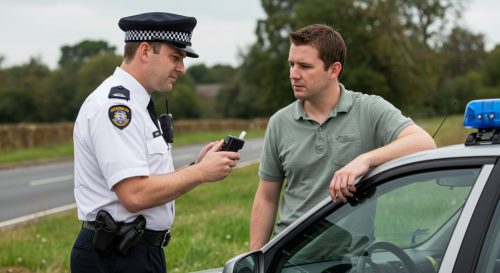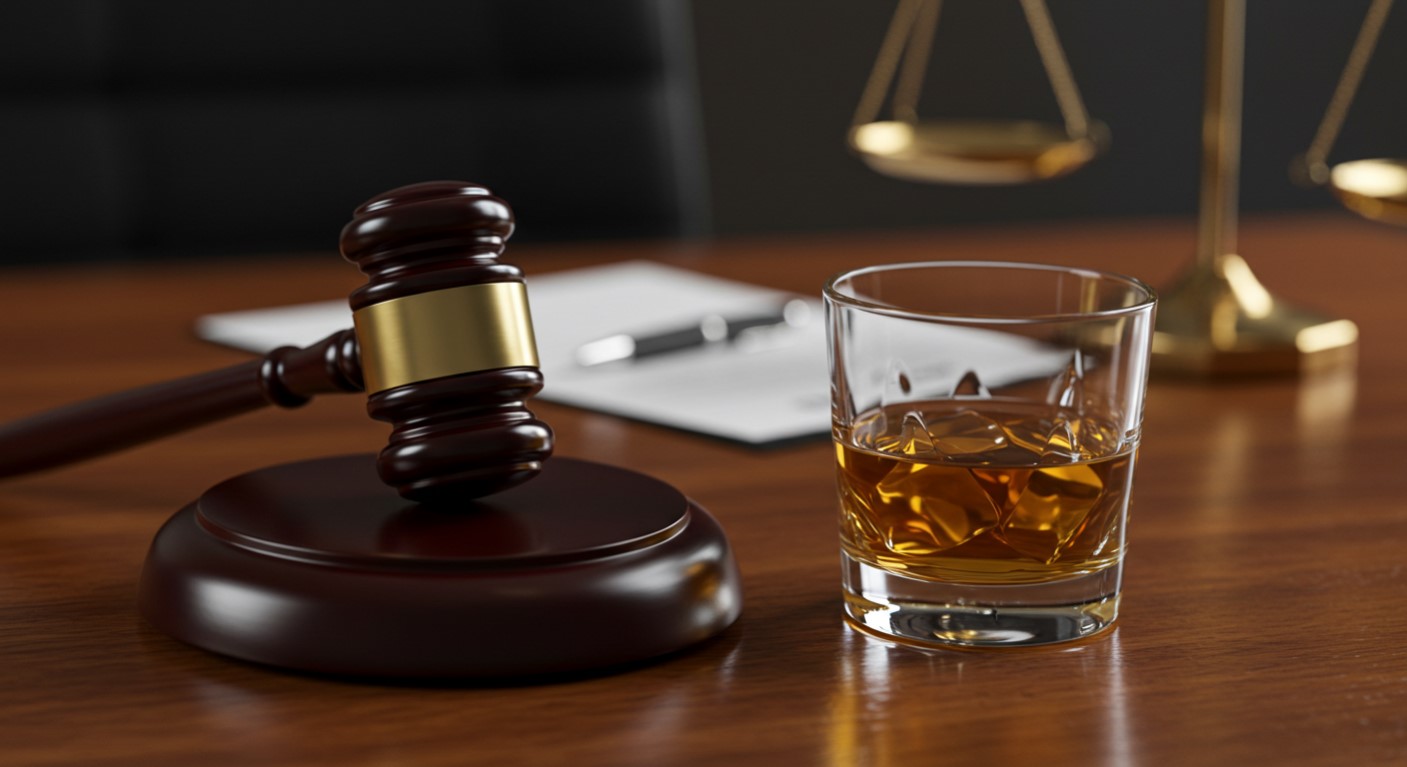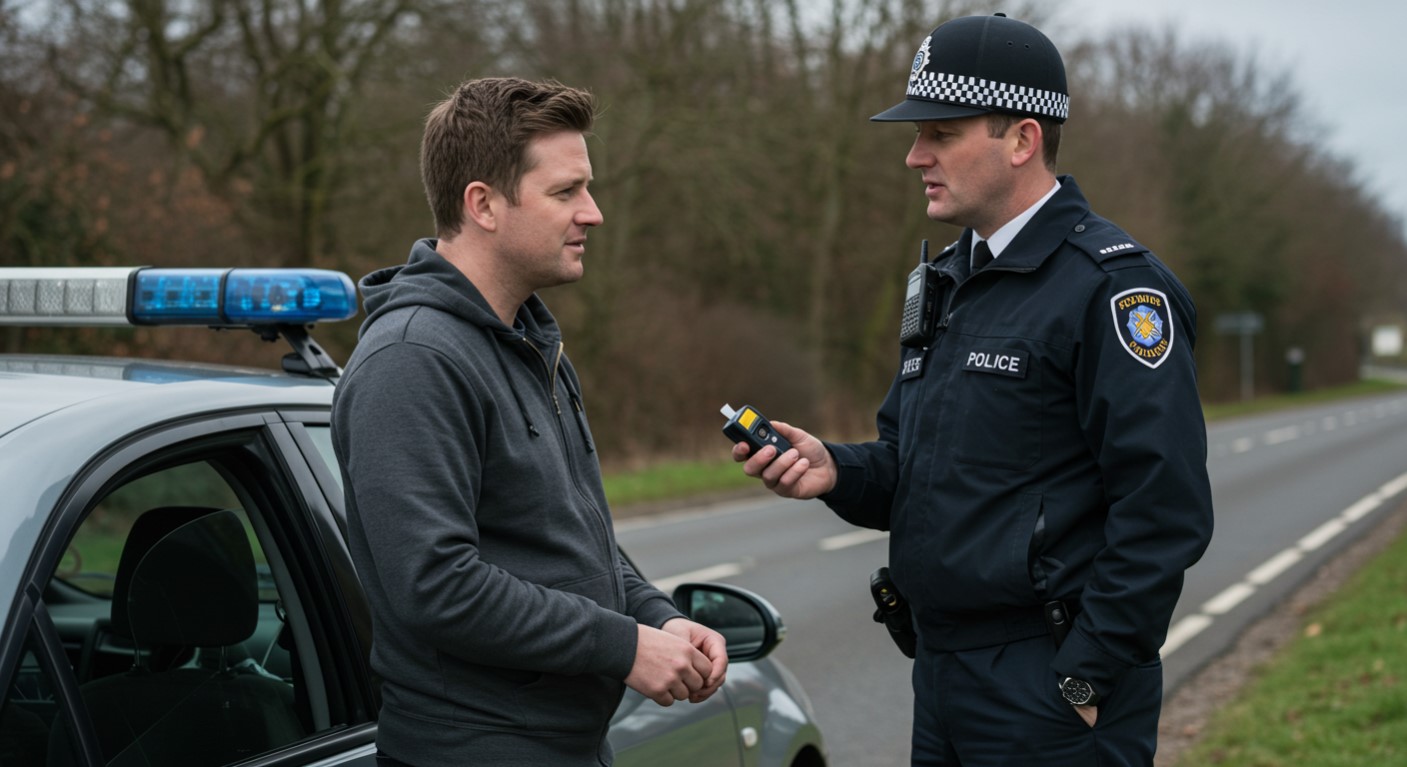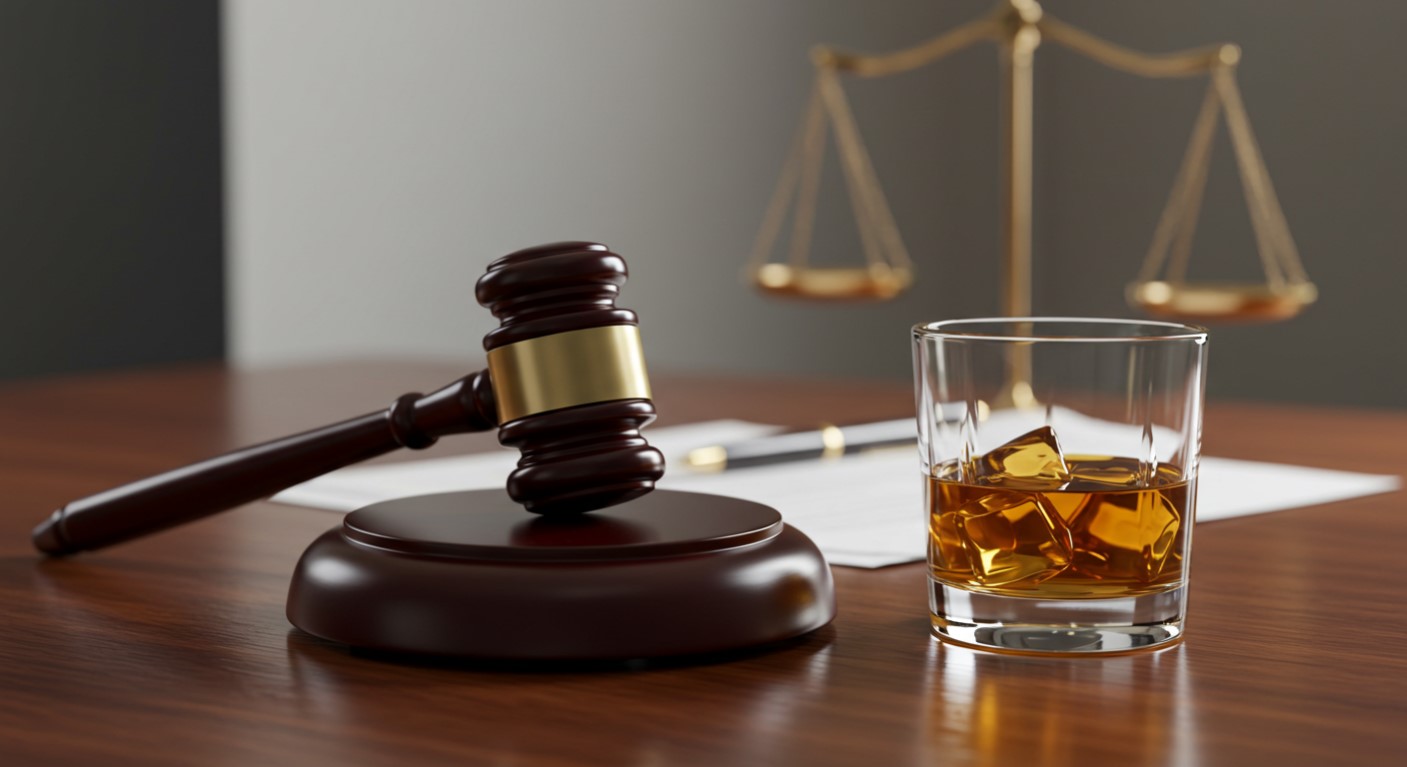Drink Driving in England: Understanding the Criminal Offence

Drink Driving in England: Understanding the Criminal Offence
Drink driving is a criminal offence in England, as it poses significant risks to road safety and public welfare. This article will delve into the legal framework surrounding drink driving in England, emphasising its classification as a criminal offence and the consequences individuals may face when caught driving under the influence of alcohol.
Legal Limits for Alcohol Consumption

- Legal Blood Alcohol Concentration (BAC)
- In England, the legal limit for blood alcohol concentration (BAC) for drivers is 80 milligrams of alcohol per 100 millilitres of blood, or 35 micrograms of alcohol per 100 millilitres of breath. Exceeding these limits while driving is a criminal offence.
- Lower BAC Limits for Novice and Professional Drivers
- It’s important to note that for novice drivers (those who have held a full driving license for less than two years) and professional drivers (such as truck or bus drivers), lower BAC limits apply. For these drivers, the legal limit is 50 milligrams of alcohol per 100 millilitres of blood, or 22 micrograms of alcohol per 100 millilitres of breath.
Criminal Nature of Drink Driving
- Criminal Offence
- Drink driving is unequivocally regarded as a criminal offence in England. Being caught driving with a BAC above the legal limit can lead to prosecution under the Road Traffic Act 1988.
- Criminal Penalties
- Individuals found guilty of drink driving can face various criminal penalties, including fines, penalty points on their driving licence, disqualification from driving, and, in some cases, imprisonment.
Legal Consequences of Drink Driving

- Fines
- Convicted drink drivers can be subject to substantial fines. The amount of the fine can vary depending on the severity of the offence and whether it is a repeat offence.
- Penalty Points
- Drink driving convictions often result in the imposition of penalty points on the individual’s driving license. The number of points can vary, but is typically in the range of 10 to 12 points.
- Disqualification from Driving
- Disqualification from driving is a common consequence of drink driving convictions. The length of disqualification can range from 12 months to several years, depending on the circumstances.
- Imprisonment
- In the most severe cases of drink driving, particularly those involving significant harm or multiple offences, individuals can be sentenced to imprisonment.
Consequences Beyond Legal Penalties
- Insurance Impact
- A drink driving conviction can lead to significant increases in car insurance premiums. Some insurance providers may even refuse to provide coverage to individuals with such convictions.
- Criminal Record
- A conviction for drink driving results in a criminal record, which can have long-lasting consequences, including difficulties in obtaining employment or travelling to certain countries.
Conclusion: Navigating Drink Driving in England

In England, drink driving is unequivocally considered a criminal offence due to the serious risks it poses to road safety and public welfare.
Violating the legal limits for alcohol consumption while operating a motor vehicle can lead to a range of criminal penalties, including fines, penalty points, disqualification from driving, and even imprisonment.
The consequences extend beyond legal penalties, impacting car insurance premiums and individuals’ long-term prospects.
Notice: Informational Content Disclaimer
The content provided on this website, including articles, blog posts, and other informational materials, is intended for general informational purposes only. It is not intended as, and should not be considered, legal advice.
Visitors to this website should be aware that the information presented here is not a substitute for seeking legal advice from a qualified solicitor or legal professional. Each individual's legal situation is unique, and the information provided may not be applicable to specific circumstances.
If you require legal advice or have specific legal questions, we encourage you to contact us directly. Our experienced team of solicitors is here to assist you with your legal needs and provide tailored advice to address your concerns.
Please be advised that any communication through this website, including the use of contact forms or email, does not create a solicitor-client relationship. Confidential or time-sensitive information should not be sent through this website. To establish a solicitor-client relationship and discuss your legal matters in detail, please contact us for a consultation.
We strive to provide accurate and up-to-date information, but we make no representations or warranties regarding the accuracy, completeness, or suitability of the information contained on this website. We shall not be liable for any reliance placed on the information provided herein.
Thank you for visiting our website. We look forward to the opportunity to assist you with your legal needs.




